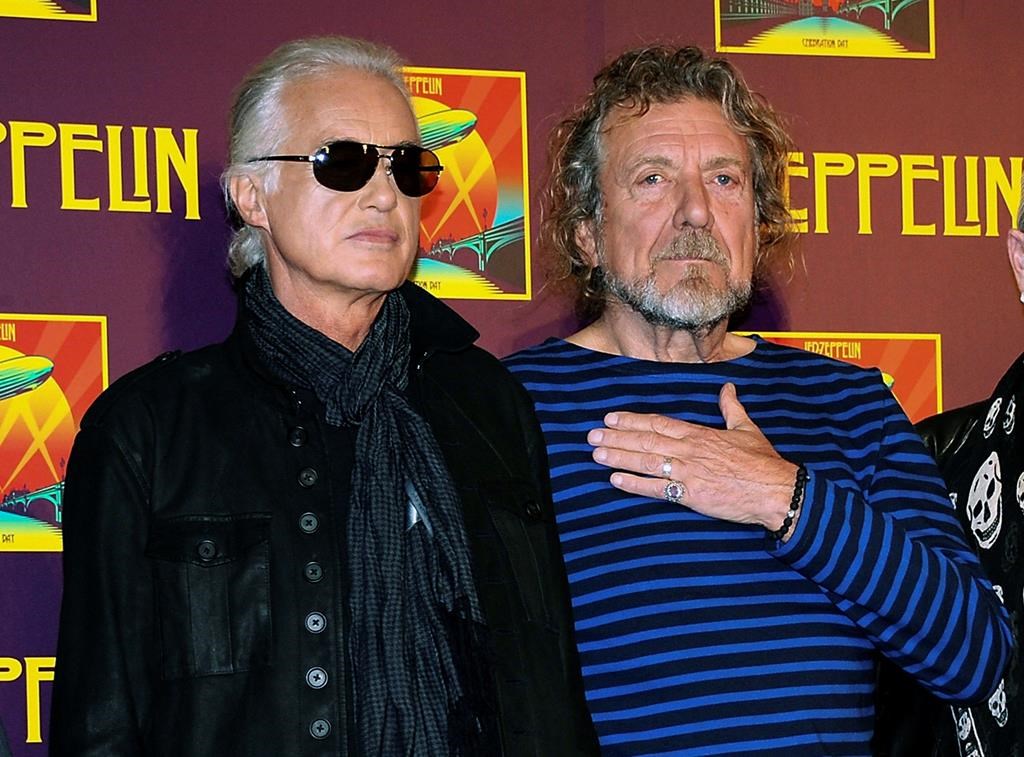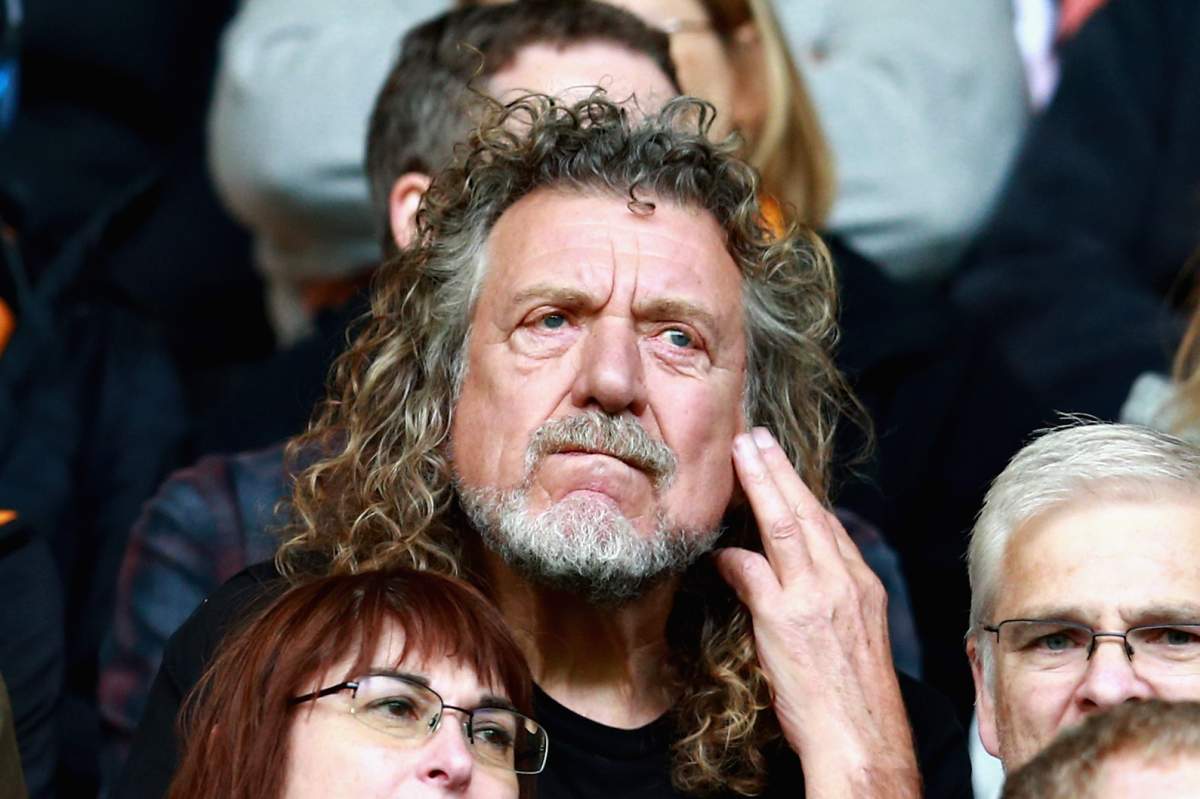Once again, Led Zeppelin has come out on top in the midst of a long-running legal dispute with the estate of the late Spirit frontman Randy (California) Wolfe.

Earlier this week, the 9th U.S. Circuit Court of Appeals in San Francisco, Calif., found — for the second time — that the iconic opening of Led Zeppelin’s 1971 rock anthem Stairway to Heaven was not plagiarized from that of Spirit’s instrumental prog song, Taurus (1968), according to the Associated Press (AP).
The verdict comes six years after Wolfe’s estate — run by trustee Michael Skidmore — ignited the copyright infringement lawsuit in 2014. At the time, the estate sued not only the British rock group, but also their label, Warner Music Group.
Led Zeppelin was initially deemed not guilty of plagiarism in 2016; however, the jury’s decision was overturned in October 2018, when members of the 9th Circuit panel ruled that the case’s previous judge had provided “erroneous instruction” to the jury. This prompted a retrial in 2019.
Following an appeal by the Black Dog rockers last June, however, the retrial was overturned on Monday after a majority of the 11-judge panel chose to hand the victory to Led Zeppelin guitarist Jimmy Page and frontman Robert Plant.
Francis Malofiy, attorney for the Wolfe estate, told AP the defendants had prevailed due to “technicalities and judges’ misunderstanding of copyright law” after they insisted that sheet-music transcriptions of the songs filed with the U.S. copyright office were the only relevant material for the case.

Get breaking National news
“I have to go to court proving that Jimmy Page copied something that he never saw,” said Malofiy, adding that neither Page nor Wolfe knew how to read music.
He claimed it was “ridiculous” that jurors could not simply listen to the two songs in dispute, and that if they could, the case would be an easy call for the Wolfe estate.
“It’s frustrating when justice is the search for the truth and the truth escapes us,” Malofiy added.
Many of the judges, however, questioned the playing of Taurus at the case’s hearing in September 2018, suggesting that it was a discreet way for the plaintiffs to get the jury to listen to the song, which might have prejudiced them to consider more factors than just the compositions in question.
“You’ve got to get your sound recording in to win, don’t you?” asked Judge Andrew D. Hurwitz while questioning Malofiy. “You lose the case unless you do. A hundred times out of a hundred.”
The ruling — which could later be appealed to the U.S. Supreme Court — is a potentially precedent-setting win for musical acts accused of plagiarism, and comes in a period when many singer/songwriters have lost high-profile cases.
For example, in a 2015 trial, jurors deemed that Robin Thicke’s Blurred Lines had copied Marvin Gaye’s Got to Give It Up. Katy Perry’s smash-hit radio single Dark Horse was found to have improperly copied Joyful Noise, a Christian rap song, without permission last summer.
In the wake of the panel’s decision, Malofiy spoke to Fox News, revealing that he plans to appeal the ruling. On Wednesday, he said the case is “not over.”
“The next step is we’ll appeal to the whole bench of the ninth circuit court or go directly to the supreme court,” Malofiy told Fox.
“We have to bring this forward for songwriters’ rights because the decision as it stands really aggregates the rights of songwriters and we just can’t let this decision stand.”
Representatives for Led Zeppelin declined comment to AP.
— With files from the Associated Press
- Cher’s son, Elijah Blue Allman, arrested for 2nd time in 3 days
- Robert De Niro recites Abraham Lincoln’s warning call for ‘civility’ at Carnegie Hall
- Justin Timberlake sues to block unseen bodycam footage from 2024 DWI arrest
- ‘Evil Dead’ star Bruce Campbell says he has ‘treatable,’ not ‘curable’ cancer









Comments
Want to discuss? Please read our Commenting Policy first.